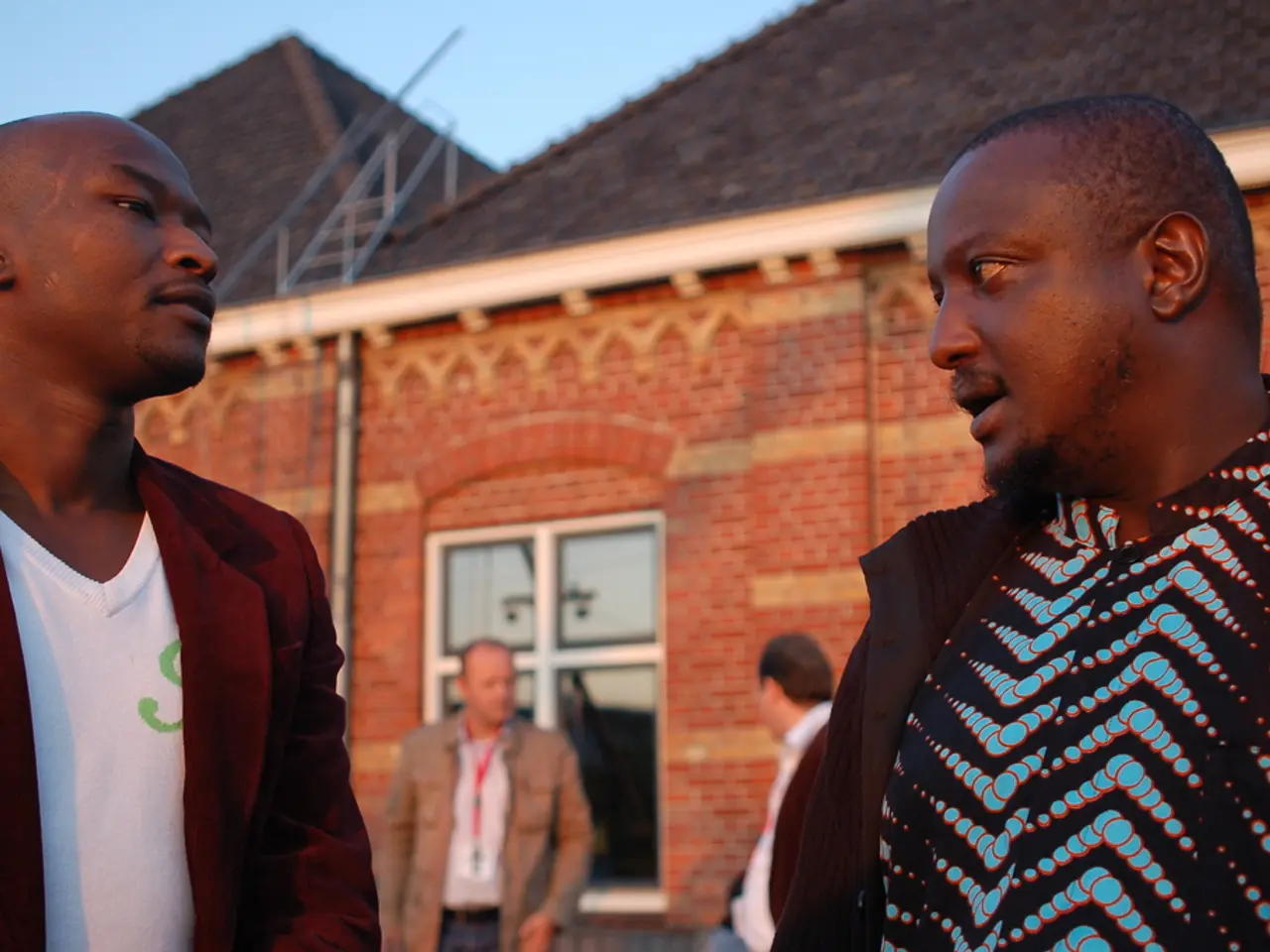Questioning the legitimacy and ethical foundations of education rooted in colonialism
In the rich tapestry of East African history, several figures have emerged as pivotal, yet their stories remain largely untold. This article delves into the lives of two such individuals, John Okello and Dedan Kimathi, and the intriguing narratives surrounding their legacies and the education system's role in shaping these narratives.
John Okello, a primary school dropout, rose to prominence as the deputy in Zanzibar's 1964 revolution, which overthrew the feudal Arab government. Born in Northern Uganda, Okello later migrated to Zanzibar, where he became a key player in the political landscape. After the coup, Okello was appointed president, leading to the allocation of five acres of land to every family in Zanzibar, a significant move towards land reform. However, his tenure was short-lived as he was later arrested and jailed in Kenya for being illegally in the country. Tragically, Okello was eventually killed upon his return to Uganda at the hands of Idi Amin Dada.
Okello's legacy, however, continues to resonate. His actions during the Zanzibar revolution have been a subject of interest, yet there is a lack of clarity regarding the understanding of his political activities in the education system, particularly at Mbale Islamic University in Uganda. No publicly available information reveals the specific lecturers who may have misunderstood or neglected Okello's political activities, nor the reasons behind this omission in the school curricula.
Another figure of historical significance is Dedan Kimathi, the Secretary of the Mau Mau movement during the Mau Mau uprising in Kenya. Contrary to popular belief, Kimathi's right-hand man, Karari Njama, was merely a form two student during the uprising. Despite their significant contributions, both Kimathi and Njama have been overlooked in the education system, particularly in the representation of women in the Lancaster independence talks.
The education system in Kenya has been criticised for propagating neocolonial values and failing to represent these unsung heroes accurately. For instance, Mwai Kibaki, a former president, is often portrayed as the main figure who fought for freedoms in Kenya's history, rather than Rev Timothy Njoya, who was an architect of the new constitution. This skewed representation raises questions about the true purpose of the education system and its role in shaping historical narratives.
Moreover, the economy in Kenya, despite having a president and deputy with PhDs, continues to struggle. This paradox raises concerns about the connection between education and economic prosperity, a question that deserves further exploration.
Recently, efforts have been made to rectify these historical oversights. Notable among these is the Inaugural Kenya Left Alliance conference, organised by Dr Njuki Githethwa and Chief Justice Willy Mutunga, among others, which aimed to bring attention to these issues and advocate for a more balanced and inclusive education system.
In conclusion, the narratives surrounding figures like John Okello and Dedan Kimathi, and the education system's role in shaping these narratives, are complex and multifaceted. It is essential that we continue to question, explore, and rectify these historical oversights to ensure a more accurate and inclusive understanding of East African history.
Read also:
- Peptide YY (PYY): Exploring its Role in Appetite Suppression, Intestinal Health, and Cognitive Links
- Easing Pedestrian Traffic Signal Pressure
- Astral Lore and Celestial Arrangements: Defining Terms & In-Depth Insights - Historical Accounts & Glossary of Cosmic Mythology
- ICE directed to enhance detention conditions following NYC immigrants' allegations of maltreatment








